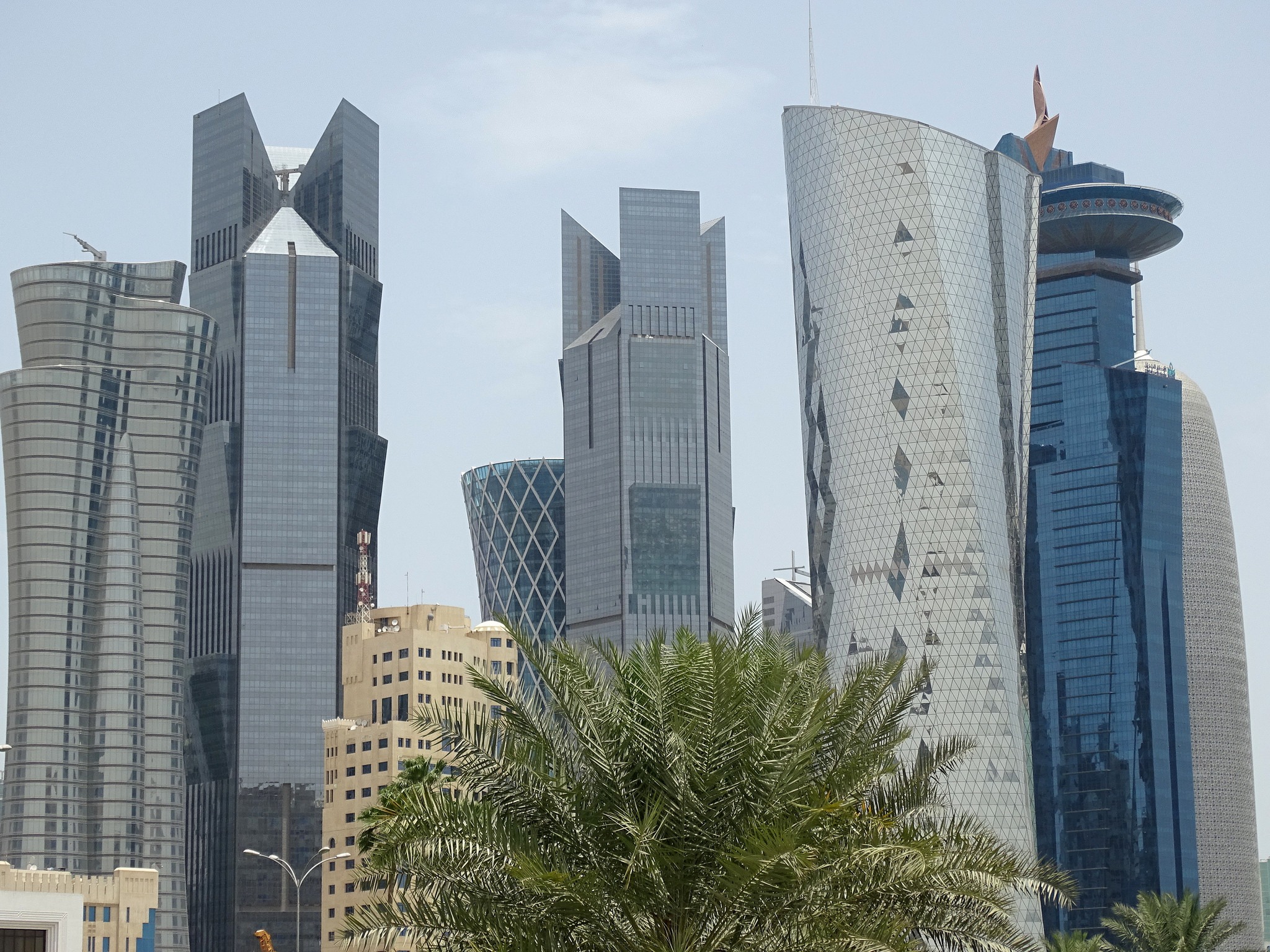
Qatar, the world’s largest exporter of liquefied natural gas and a big overseas investor, has restored diplomatic ties with Iran. The move is likely to further inflame tensions with Saudi Arabia and its Sunni allies, which have accused Doha of cosying up to the Iranian regime and destabilising the region by backing jihadist extremists.
Doha admits to support the Islamist Muslim Brotherhood, a group detested by the Saudis as it offers the alternative model of political activity and legitimacy, and Hamas, the Palestinian militant group, but denies charges that it supports and finances violent extremists. The Muslim Brotherhood held power in Egypt after the fall of Hosni Mubarak, but was then toppled by the army in 2013. Qatar refused to go along with regional support for the military coup.
Four Arab states – Saudi Arabia, the United Arab Emirates, Bahrain and Egypt – imposed the travel and economic embargo on Qatar in early June, cutting off air, sea and land links to the gas-rich emirate as well as severing diplomatic ties in an attempt to bend Doha to their will.
These measures have pitted close US allies against one another, plunging the Gulf into its worst crisis since the Iraqi dictator Saddam Hussein invaded Kuwait in 1990. They have also jeopardised Qatar’s position as a haven for business stability.
The dispute came at a time of rising political tensions in the region, particularly between Sunni-ruled Saudi Arabia and its rival for regional hegemony, Shia Iran. The kingdom accuses the Islamic Republic of interfering in Syria, Iraq, Lebanon, Yemen and Bahrain. Iran, on the other hand, says that it is helping countries in their fight against Sunni extremists. The fear of rising Iranian influence in the region led Saudi Arabia to go to war in Yemen in 2015.
In late June, the Qatari government was given 10 days to comply with a list of extraordinary demands, including the closure of the al-Jazeera media network, which offers a platform to dissidents from across the region, evicting a Turkish military base and halting military co-operation with Ankara and paying reparations. These demands were rejected as their sweeping nature, if accepted, would turn Qatar into a vassal state. Qatar’s ruler, however, said that the country was open for dialogue as long as its sovereignty was respected.
Qatar, which is among the world’s richest nations on a per capita basis due to its vast gas reserves and small population, is relying on Turkey, Iran and Oman for imports of foods, which once came in by land through Saudi Arabia, equipment for its gas industry and construction materials for the $200 billion infrastructure upgrade for the 2022 Fifa World Cup.
Mediation efforts led by the US and Kuwait have made little progress so far.
Photo: Adam Jones